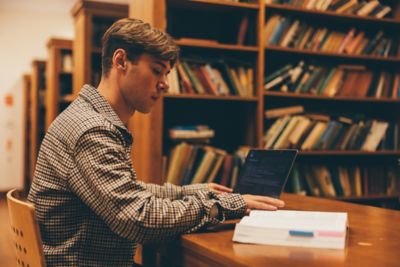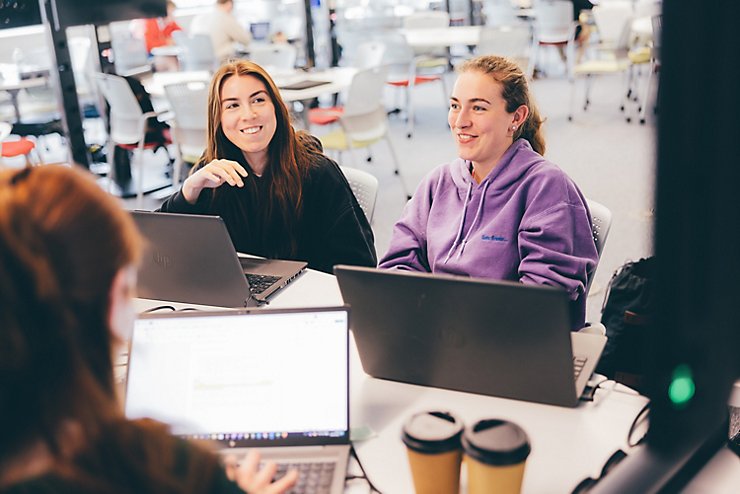Compulsory year abroad
On this course, subject to you meeting the relevant requirements, your third academic year will be spent in Göttingen, Mannheim or Magdeburg doing one of the following:
- Studying in a higher education institution
- Undertaking work placement
For more information, see your year abroad options.
This will give you the opportunity to broaden your horizons and enhance your CV by experiencing another culture. You can choose to study similar modules to your counterparts in the UK or expand your knowledge by taking other options. Teaching is in German.
Please note: In order to undertake a compulsory year abroad, you will need to achieve the relevant academic requirements as set by the university and meet the selection criteria of both the university and the partner institution. The partner institution is under no obligation to accept you even if you do meet the relevant criteria.
Internships and placements
Many of our students take up internships and placement options. In your first year, you could undertake a “Spring Week” or internship, where you spend up to five days at a company’s offices to find out how the industry operates. And in your second year, you could undertake a summer internship which are often paid. These options are run by financial services, consulting and accountancy firms, not by the university. The selection process is highly competitive, and there is no guarantee that you will be able to take part in this scheme as part of your course.
Key information
Please be aware that study abroad, compulsory year abroad, optional placements/internships and integrated year in industry opportunities may change at any time for a number of reasons, including curriculum developments, changes to arrangements with partner universities or placement/industry hosts, travel restrictions or other circumstances outside of the university’s control. Every effort will be made to update this information as quickly as possible should a change occur.
Compulsory year abroad
On this course, subject to you meeting the relevant requirements, your third academic year will be spent in Göttingen, Mannheim or Magdeburg doing one of the following:
- Studying in a higher education institution
- Undertaking work placement
For more information, see your year abroad options.
This will give you the opportunity to broaden your horizons and enhance your CV by experiencing another culture. You can choose to study similar modules to your counterparts in the UK or expand your knowledge by taking other options. Teaching is in German.
Please note: In order to undertake a compulsory year abroad, you will need to achieve the relevant academic requirements as set by the university and meet the selection criteria of both the university and the partner institution. The partner institution is under no obligation to accept you even if you do meet the relevant criteria.
Internships and placements
Many of our students take up internships and placement options. In your first year, you could undertake a “Spring Week” or internship, where you spend up to five days at a company’s offices to find out how the industry operates. And in your second year, you could undertake a summer internship which are often paid. These options are run by financial services, consulting and accountancy firms, not by the university. The selection process is highly competitive, and there is no guarantee that you will be able to take part in this scheme as part of your course.
Key information
Please be aware that study abroad, compulsory year abroad, optional placements/internships and integrated year in industry opportunities may change at any time for a number of reasons, including curriculum developments, changes to arrangements with partner universities or placement/industry hosts, travel restrictions or other circumstances outside of the university’s control. Every effort will be made to update this information as quickly as possible should a change occur.








